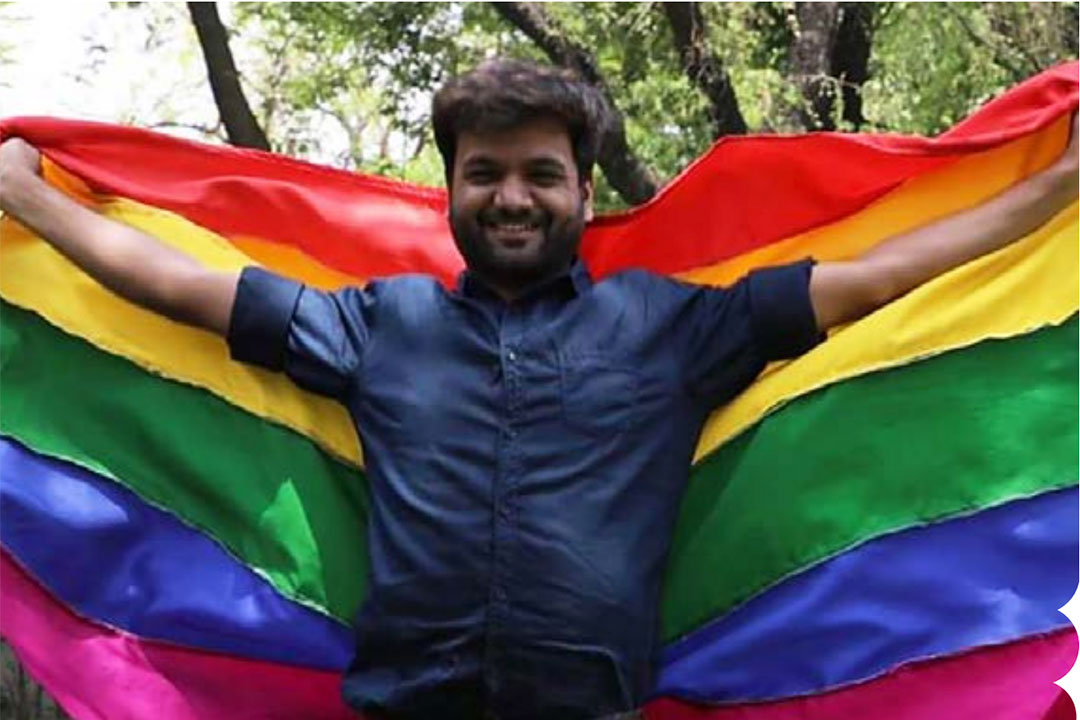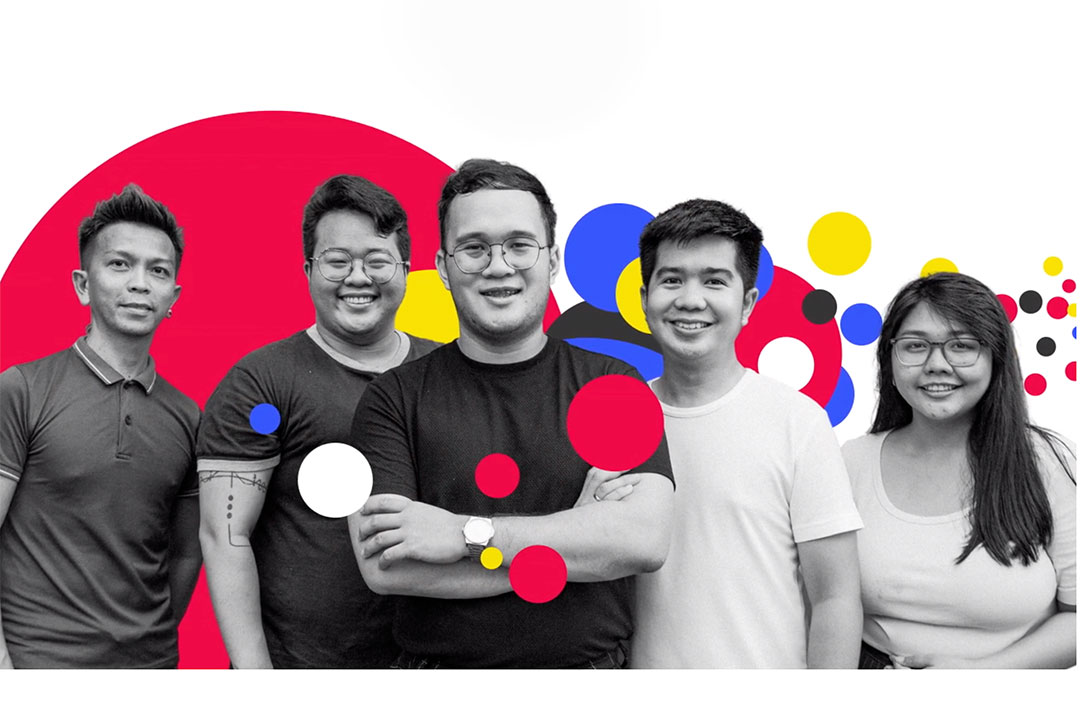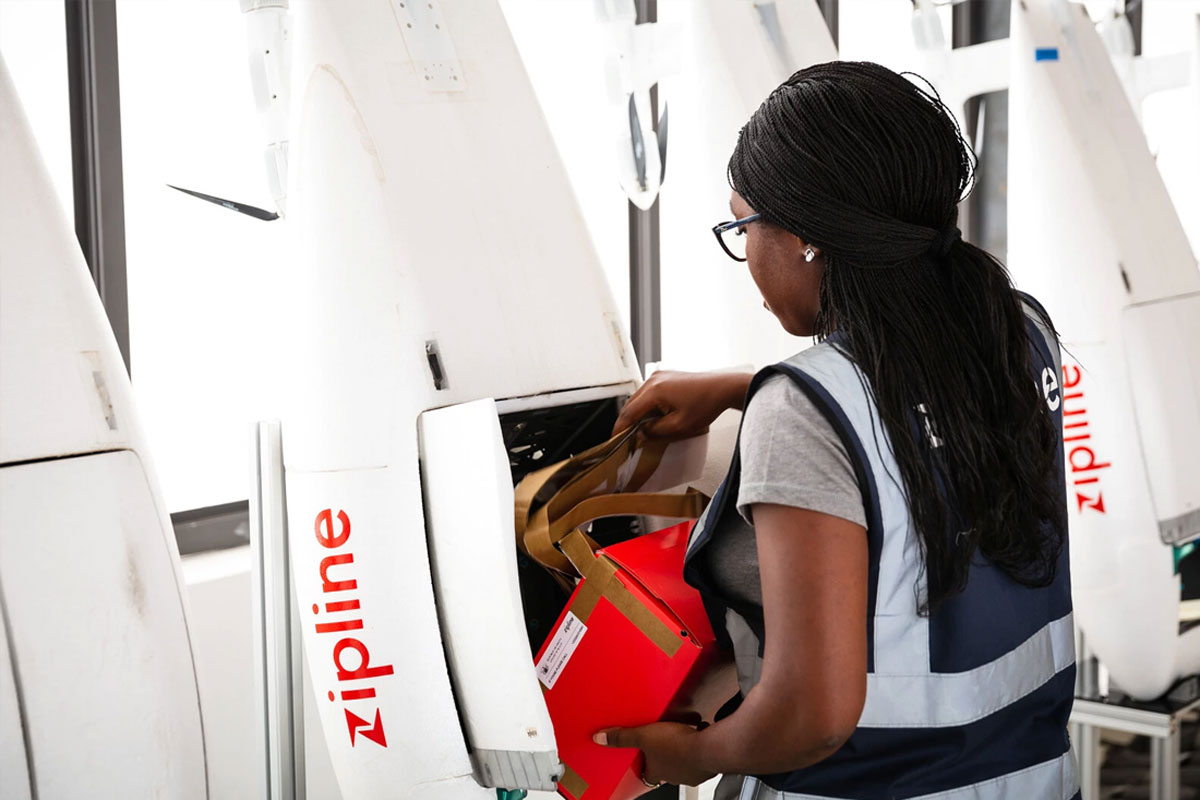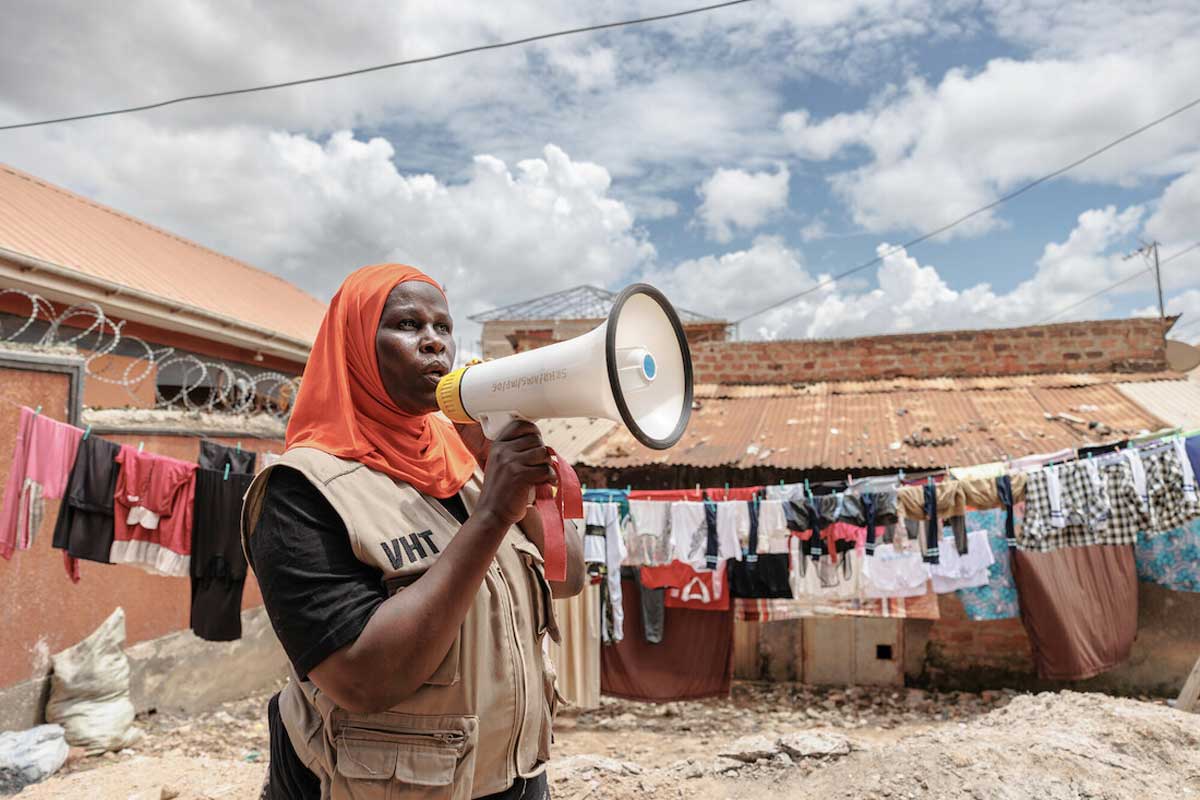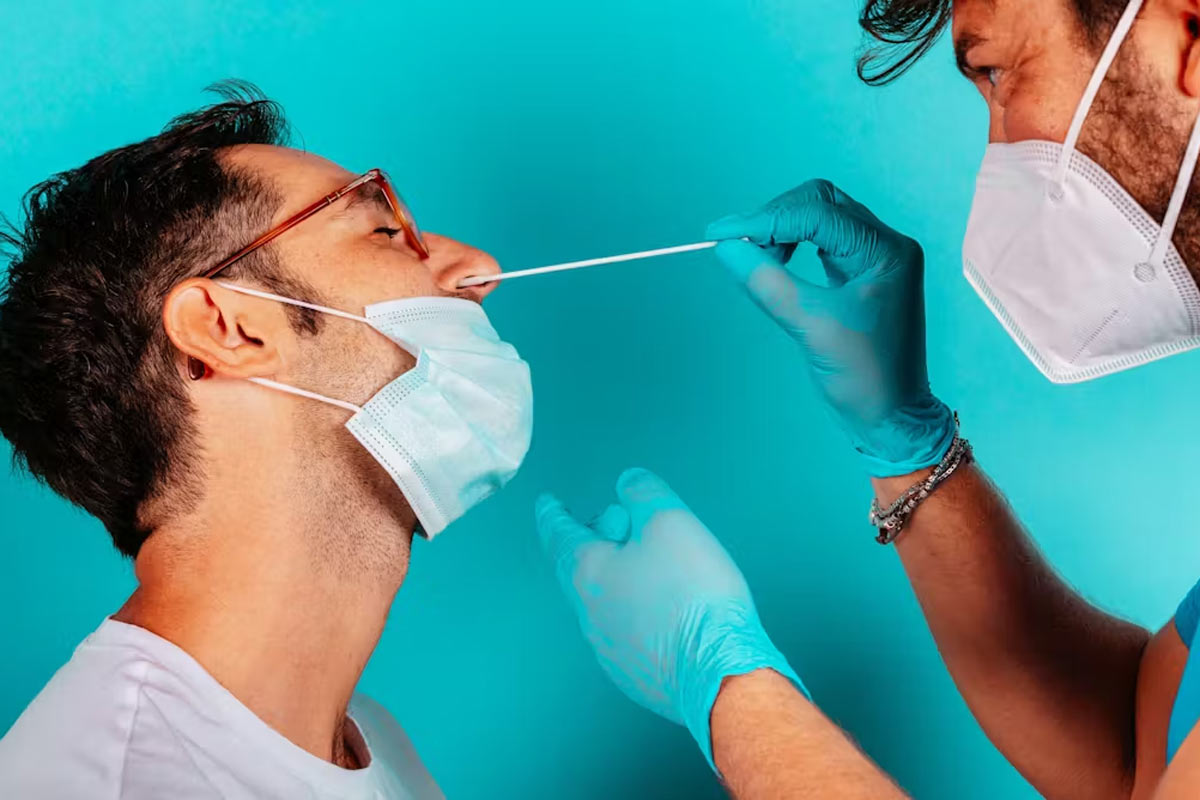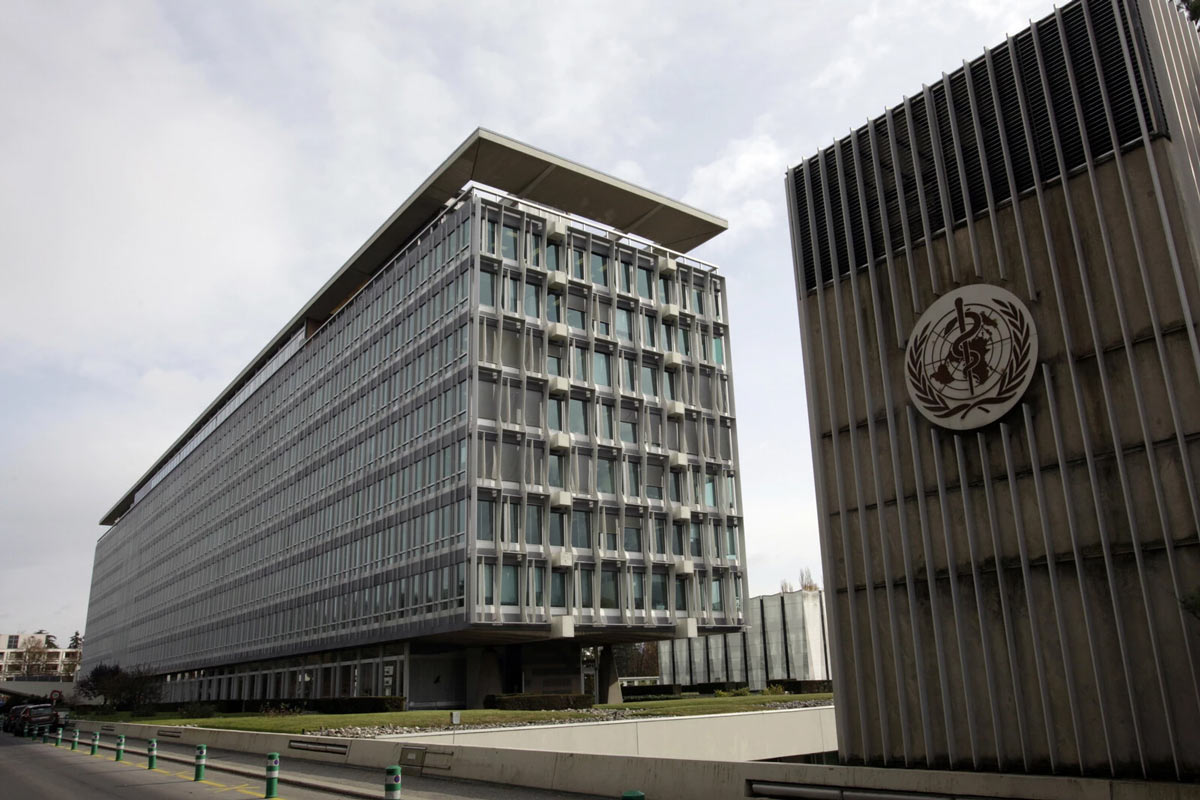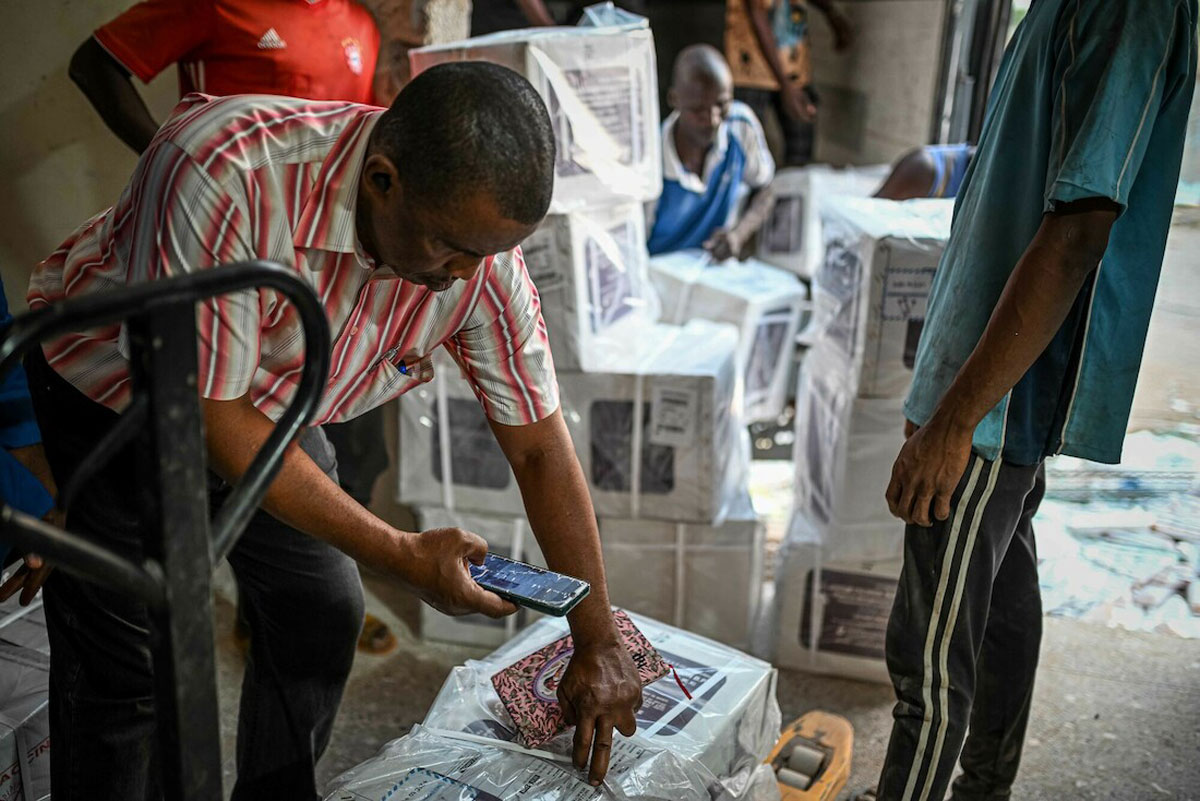In Côte d’Ivoire, transgender communities break down barriers in the fight against HIV
Teddy will continue protecting transgender rights – despite the stigma and violence she and her community face every day.
- 31 May 2024
- 5 min read
- by The Global Fund
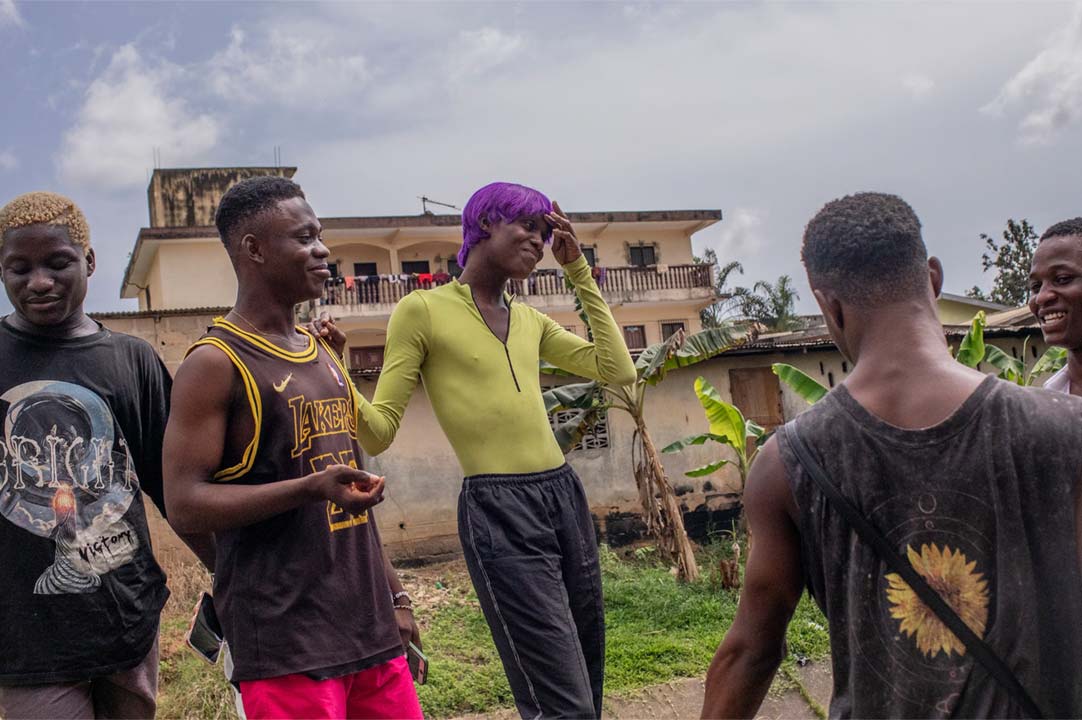
Teddy, a transgender woman, considers herself fortunate. Her mother has always supported her. She recognizes that many people from her community don't have their family's support.
"There are people… who no longer have relationships with their family," Teddy says. "There are others who have to hide who they really are. Why not reach out to these people, try to build our own family, a safe space where we don't feel judged, we don't feel stigmatized, where we can have a moment of happiness?"
Teddy is a peer educator in Bonua, Côte d'Ivoire, a city about 60 kilometers east of the capital city, Abidjan.
Every week, she organizes a Gbairai: a friendly, informative gathering at a drop-in center where she educates her peers on preventing HIV and other sexually transmitted infections, distributes condoms and lubricants and encourages people to use HIV self-tests.
.jpg?auto=webp)
During a peer-to-peer session, Teddy provides information on preventing HIV and other sexually transmitted infections.
Credit: Anush Babajanyan
This week, Teddy leads a session on pre-exposure prophylaxis, or PrEP, a safe and effective medicine that can reduce the likelihood of getting HIV by up to 99%. Teddy also conducts home visits for people who prefer privacy or live in remote areas.
"I provide information on how to prevent HIV and other sexually transmitted infections... and I help them embrace their gender identity," she says. "My dream is to eliminate HIV infections among us."
Protecting human rights: key to fighting hiv and aids
Globally, HIV prevalence is 14 times higher among transgender people compared with adults in the general population. Far too often, these infections are fueled by stigma, discrimination, violence and punitive laws that impede access to adequate health services.
While Côte d'Ivoire has made remarkable progress in the fight against HIV and AIDS, infections among transgender people remain high. According to the latest comparable data from UNAIDS in 2020, the HIV prevalence rate among adults over 15 years old was 2.4%, while the same rate among transgender people was 24.7%.
The Global Fund supports partners in Côte d'Ivoire that are working to close this gap, including Alliance Côte d'Ivoire: an organization committed to ending AIDS and protecting human rights.
Alliance Côte d'Ivoire has trained a dozen transgender outreach workers, including Teddy, and supports two drop-in centers where people from the LGBTQI+ community can gather and share their experiences. For many, these drop-in centers supported by the Global Fund are among the few places where they can be themselves without the threat of violence. Clients can also access testing for HIV and other sexually transmitted infections, as well as psychosocial support and legal advice.
Désiré Gayé, Key Populations Program Officer with Alliance Côte d'Ivoire, knows that protecting human rights is vital to good health.
"Human rights are about recognizing people as people," he says. "I want people to see me as an ordinary person, as a human being, and not as a thing, or an outcast, or a mistake of nature. We all have the right to health."
.jpg?auto=webp)
Désiré Gayé, Program Officer with Alliance Côte d'Ivoire.
Credit: Anush Babajanyan
With the support of the Global Fund, Alliance and partner organization ENDA Santé Côte d'Ivoire work to integrate human rights protections into programs that help expand access to health care. This includes training a network of community leaders and 20 paralegals to educate people about their rights and provide legal assistance when needed.
Have you read?
202 police officers have also been trained on protecting the human rights of people from communities who face an increased risk of violence and abuse – including the LGBTQI+ community. Social workers have also received training on working with these communities.
The organization supported the development of specialized learning modules on human rights, medical ethics and HIV, in collaboration with the Faculty of Medicine and Legal Science. The learning modules are now available, and work is being done to include them into the curricula of medical and law schools throughout Côte d'Ivoire.
Inza Coulibaly is a paralegal and community health worker trained by Alliance. He ensures people who have experienced violence receive immediate access to medical and psychological care and legal services.
According to Inza, transgender people are often most affected by human rights violations in health care settings. "They are even scared to go collect their HIV treatment," he says.
Last year, Inza documented more than 60 cases of human rights violations. He explains that as more people become aware of their rights, more violations are reported.
"This discrimination will eventually stop. People know they have a right to health and the legal means to claim it," Inza says.
.jpg?auto=webp)
Inza Coulibaly, paralegal and community health worker.
Credit: Anush Babajanyan
Breaking down barriers
Alliance Côte d'Ivoire is supported by the Global Fund's Breaking Down Barriers initiative. The initiative, which launched in 2017, provides financial and technical support to more than 20 countries to comprehensively address stigma and discrimination, criminalization and other human rights-related barriers that threaten the fight against HIV, tuberculosis (TB) and malaria.
In Côte d'Ivoire, Breaking Down Barriers supported the development of a five-year national plan on protecting human rights, addressing stigma with a focus on facilitating access to health services for stigmatized groups, including people living with HIV and TB as well as the LGBTQI+ community. Under the general direction of the human rights department of the Ministry of Justice and Human Rights in close collaboration with the National AIDS Control Program. Key partners include UNAIDS, PEPFAR and civil society organizations.
Côte d'Ivoire is also one of 38 countries that are part of the Global Partnership for Action to Eliminate All Forms of HIV-related Stigma and Discrimination. This partnership brings together communities affected by HIV, the Global Fund, UNAIDS, PEPFAR, government partners, civil society organizations, communities and others to reduce stigma and discrimination that fuel the spread of HIV.
.jpg?auto=webp)
Teddy (center) surrounded by a group of young transgender women who came to attend her weekly awareness session.
Credit: Anush Babajanyan
Written by
Yébé Diallo
Website
This article was originally published by the Global Fund on 1 March 2024.
